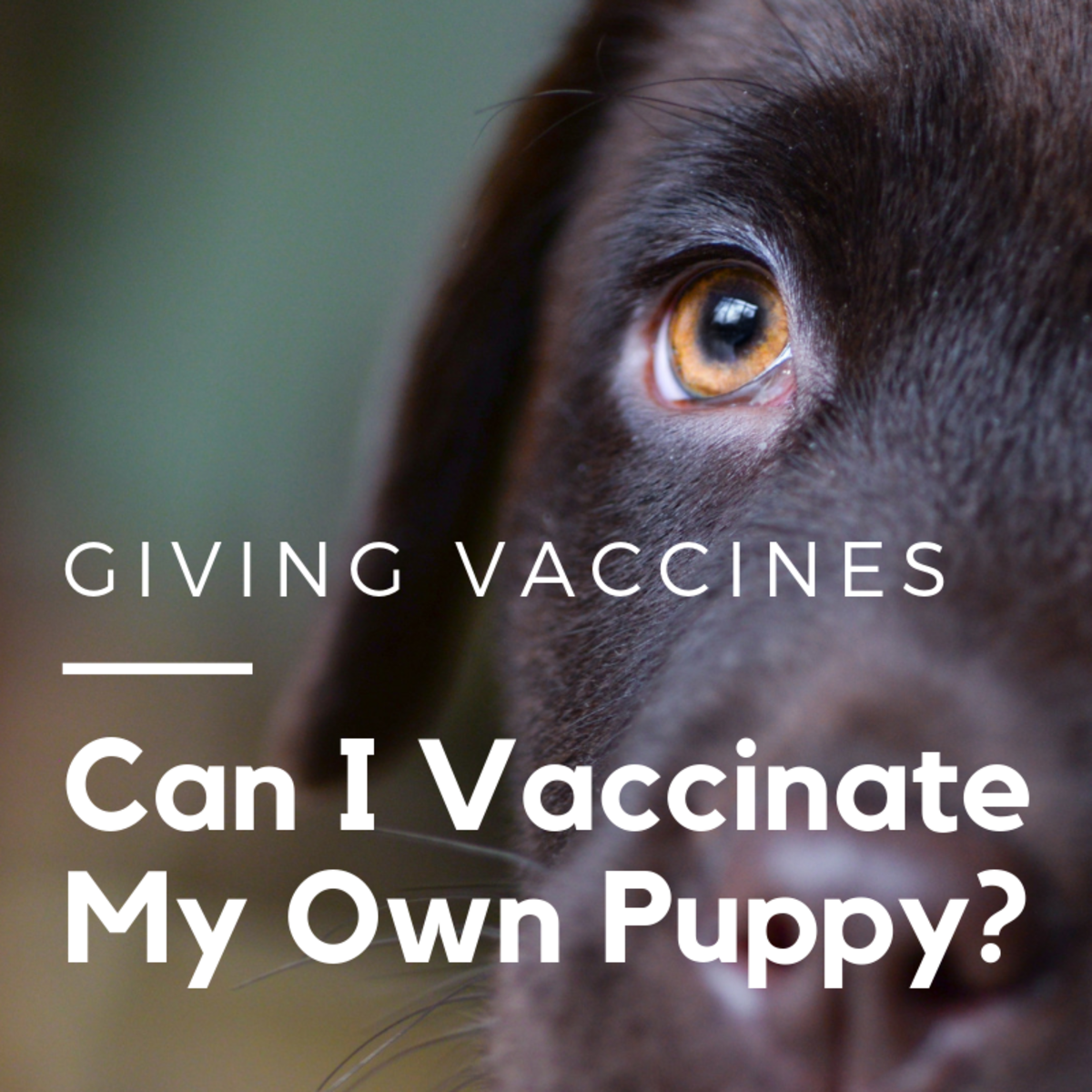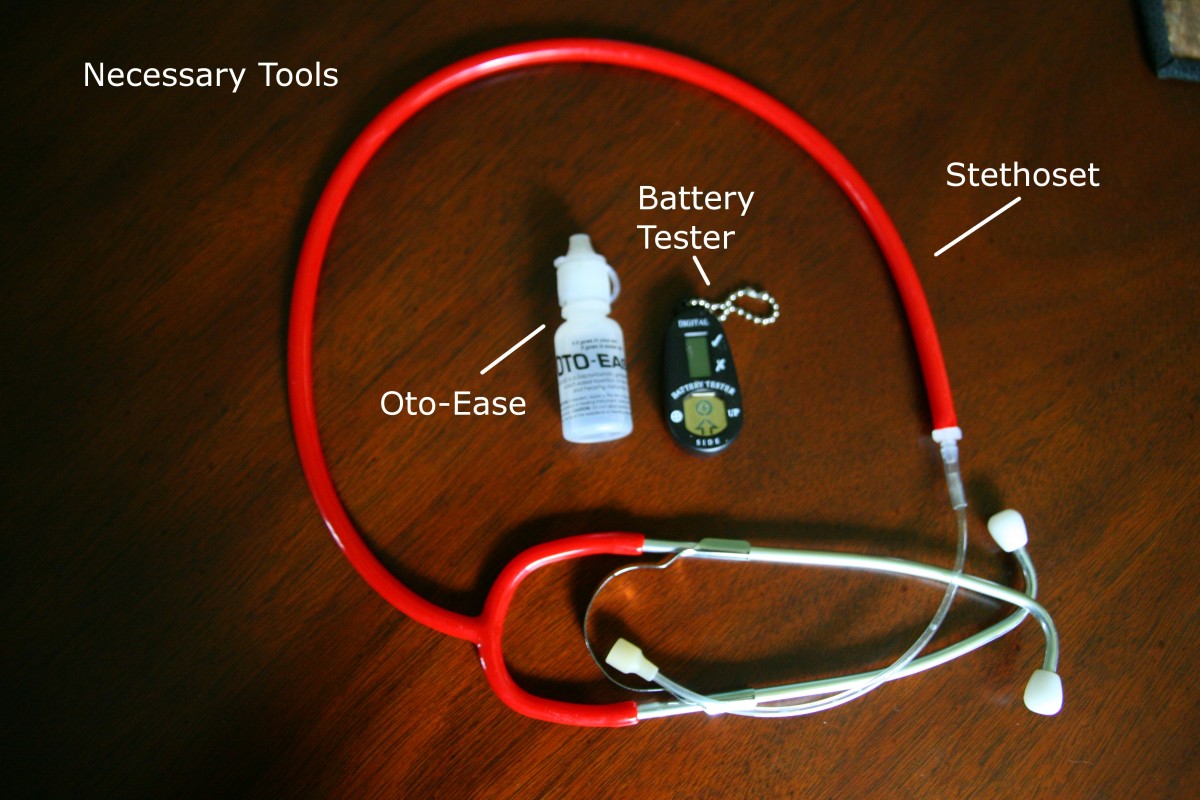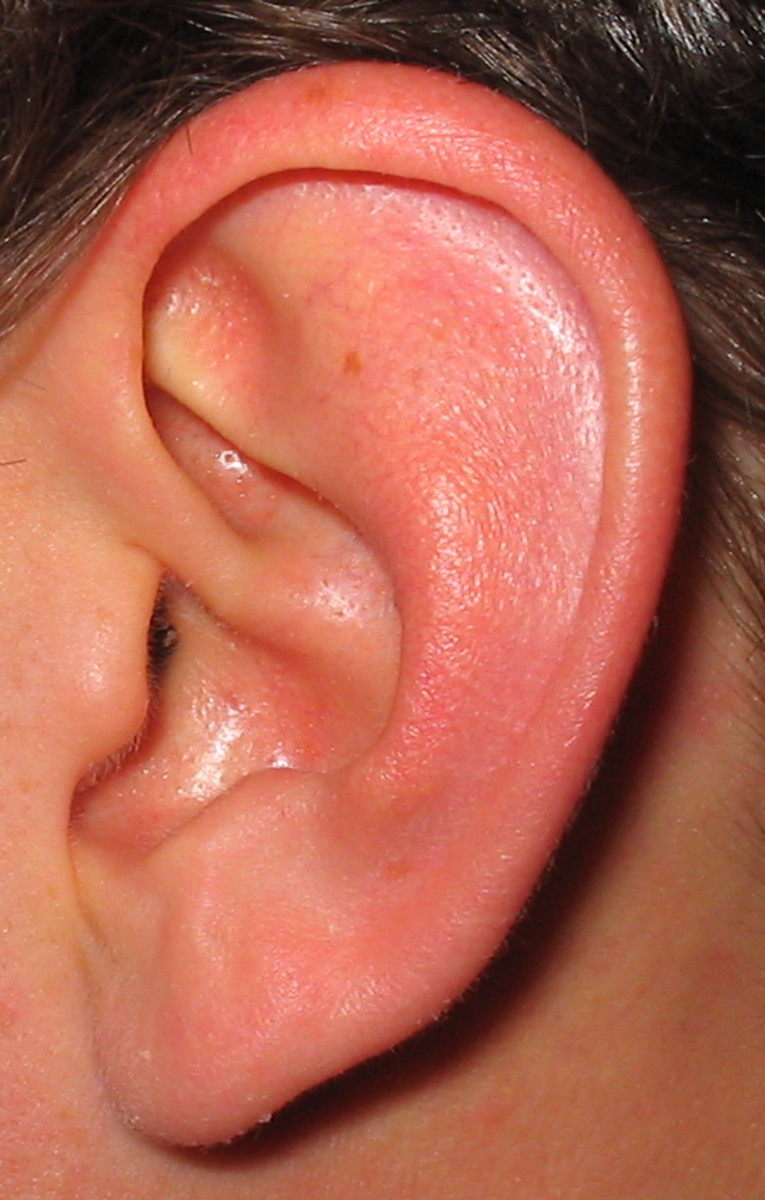How to know if a Child is Allergic to a Vaccination
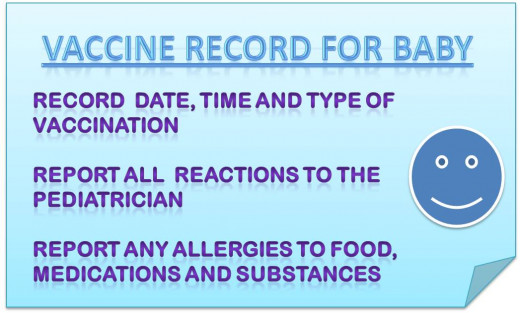
Allergic reactions to vaccines are extremely rare; literally one in a million children will have a severe reaction to their vaccinations. Although this is a very low risk, it is important to remain vigilant and practice a series of precautions to ensure your child’s safety. Mild to moderate reactions are more common, and can create uncomfortable and distressing symptoms for you and your child. Educate yourself and follow these simple guidelines to reduce the risks of an allergic reaction from vaccinations.
What is an Allergic Reaction?
A foreign substance enters the body and the immune system responds with an exaggerated reaction that produces mild to extremely undesirable symptoms. Hypersensitivity, such as pollen, dust, or a substance as benign as milk, can provoke an immune response that may trigger an asthma attack, throat irritation or swollen lips and tongue. Allergic reactions to medications or vaccinations can be mild to severe. The life threatening reaction to allergens is called anaphylaxis. Different kinds of allergic reactions may occur and the majority of them are not life threatening.
Egg Allergies and Influenza Vaccines
Influenza vaccines, either the inactivated or the intranasal live are cultured from a chicken embryo medium and a small amount of egg protein. People with egg allergies have a risk of a small risk for an allergic reaction from these vaccines, and should consult their physician before receiving a flu shot. If a child has an egg allergy, but has a high risk of developing serious complications from the flu, the adverse effects of the vaccine may be a calculated risk. If the physician elects to give an allergic child a vaccination, they may insist that the child remain in the office for over an hour for observation.
How can I Protect my Child from an Allergic Reaction to a Vaccine?
No one can be expected to predict what their baby may be allergic to; however, you can be vigilant and document whenever your child has a reaction to anything that may be related to vaccine components:
- Food or Drinks
- Soap, Shampoo or Laundry Detergent
- Eggs, Gelatin or Yeast Products
- Latex Products
- Any Reactions to Vaccines or Medications in the Past
- Medications
Also, make sure your doctor is aware of any immune system problem your child may have. Share this information with your pediatrician before any immunization or medication is given. Some vaccinations may contain a similar substance that contains your child’s allergen.
Keep an Up to Date Allergy Record
Although your doctor’s office will keep vaccination and immunization records, it is important for you to carry a card with a complete record of all vaccinations your child has received. If you’d prefer, there are online electronic registries you can use to record your child’s immunizations. If you switch pediatricians, or have to visit the emergency room, it is important to have the most recent record of vaccinations on hand. An interruption or incomplete record of the vaccination schedule may require a second shot and will increase the risk for allergic reactions.
Mild, Moderate and Severe Allergic Reactions in Children
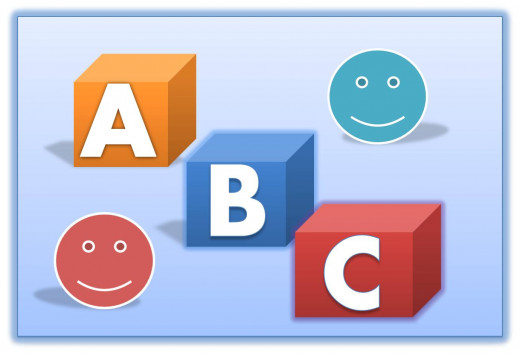
Local Allergic Reactions to Vaccinations are Common
The purpose of the vaccination is to stimulate the immune system and force it into creating the protection of antibodies. After the shot is given, it is common for your child to experience a mild fever. Babies often experience soreness and mild swelling at the injection site. Always report any symptoms you feel are excessive to your pediatrician.
Mild to Moderate Symptoms of an Allergic Reaction
Notify the pediatrician if allergic symptoms include a skin rash, mild swelling of face and lips, coughing or any behavior that is not usual for your child. Report the time the vaccination was given. You physician may want to see your baby immediately or recommend you bring the child to the emergency room for an examination.
A Quick Look Up Guide to Emergency Allergic Reactions
If your child is experiencing any of these signs or symptoms, they may be having a severe reaction to a vaccination. Within minutes to usually about an hour after a vaccination:
1. Difficulty breathing or an asthma attack
2. Seizures or unresponsiveness
3. A rash that appears quicky and covers the chest or the stomach area
4. A baby that cries for more than 3 hours without cessation
5. Swelling of mouth or throat with or without cough
Call 911 or the appropriate number for your emergency medical service in your location immediately. Position your child on their back with their head raised if possible. If the child is experiencing a convulsion or seizure, protect their body from coming incontact with furniture or other objects. Stay with your child until help arrives.
Anaphylaxis: Severe Allergic Reaction
A severe allergic reaction to a vaccine is very rare, but be ready to respond to it: Allergic reactions may occur a few minutes to a few hours after the vaccination. Signs of a severe allergic reaction may include:
- Difficulty Breathing
- Dizziness
- Swelling of the Throat
- A Sudden Rash with Hives, Whelps or Raised Bumps
- Rapid Heartbeat
- Hoarseness and Wheezing
- Seizures
- Unresponsiveness
If your baby shows these signs, call 911 immediately, and initiate the Emergency Medical System.
Tell the emergency room physician when the vaccine was given, what the vaccine was, and what time the vaccine was administered.

About the Author
eHealer is an expert author and professional nurse with a masters degree in nursing research. With over 25 years experience as a registered nurse in patient care and nursing education, eHealer has written valuble online information for the past 12 years on health and wellness, scientific research and chronic disease. eHealer continues a philosophy of providing responsible, factual, and evidenced-based information that provide health consumers with the best health information to make useful and important healthcare decisions.





